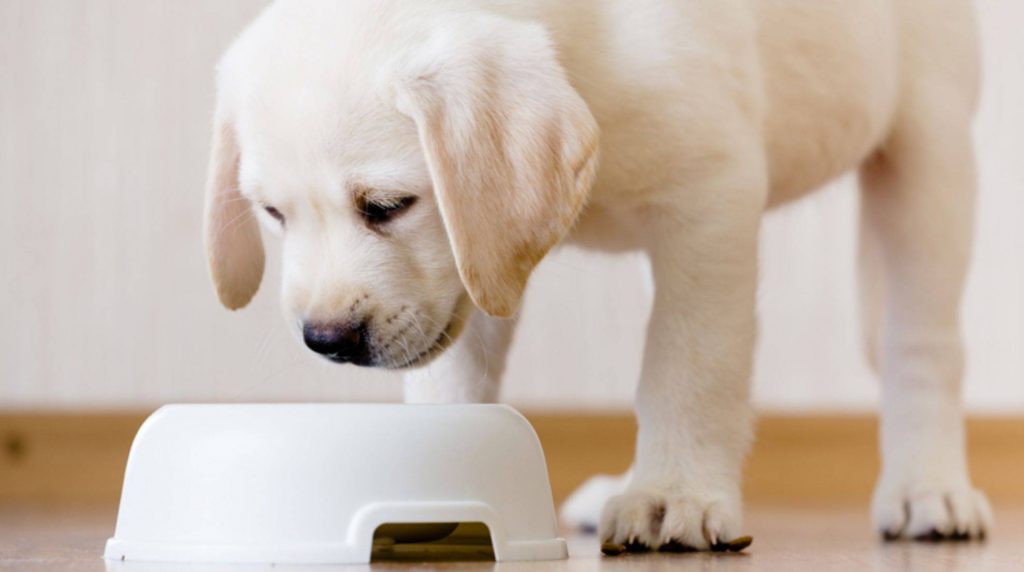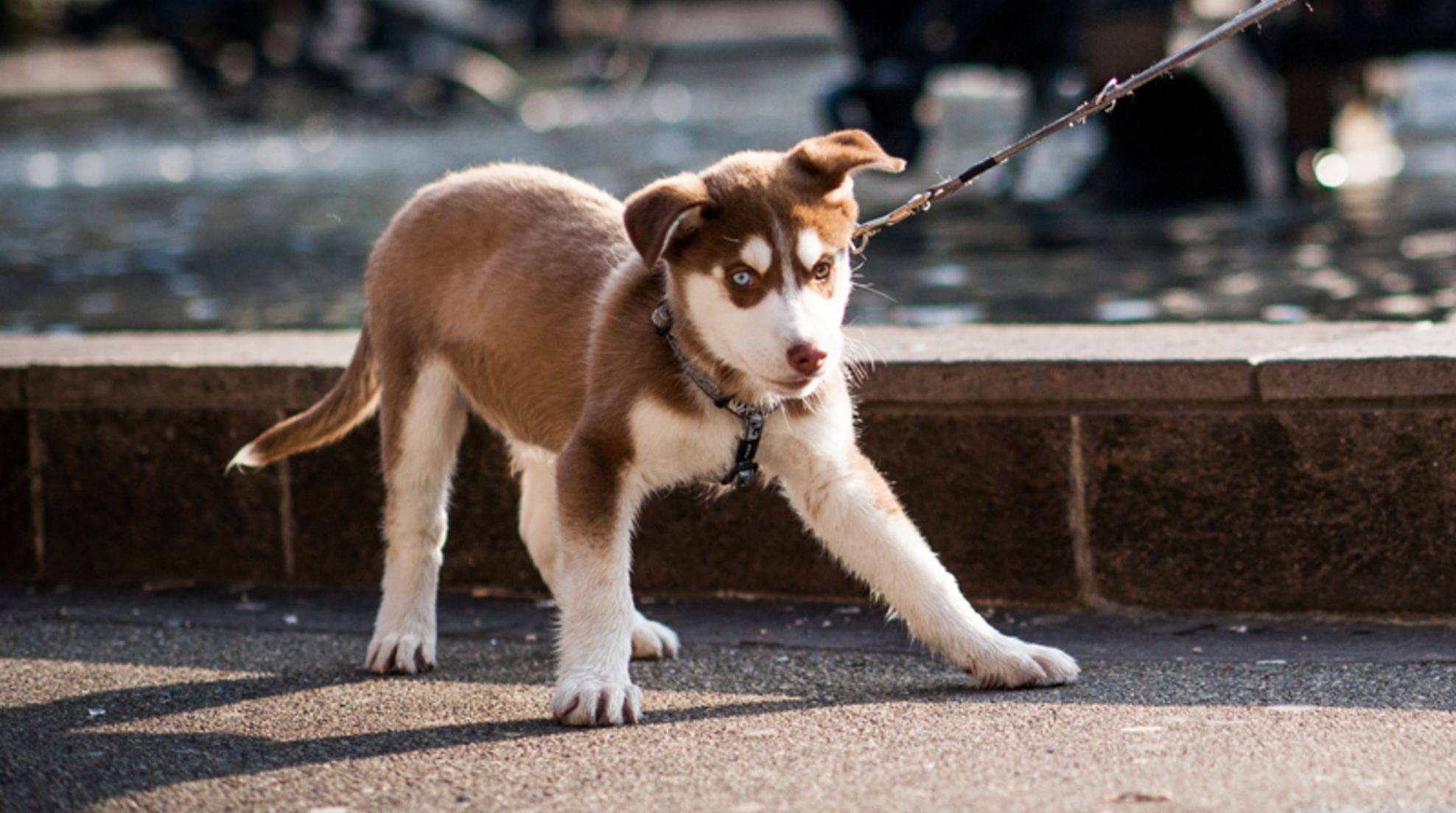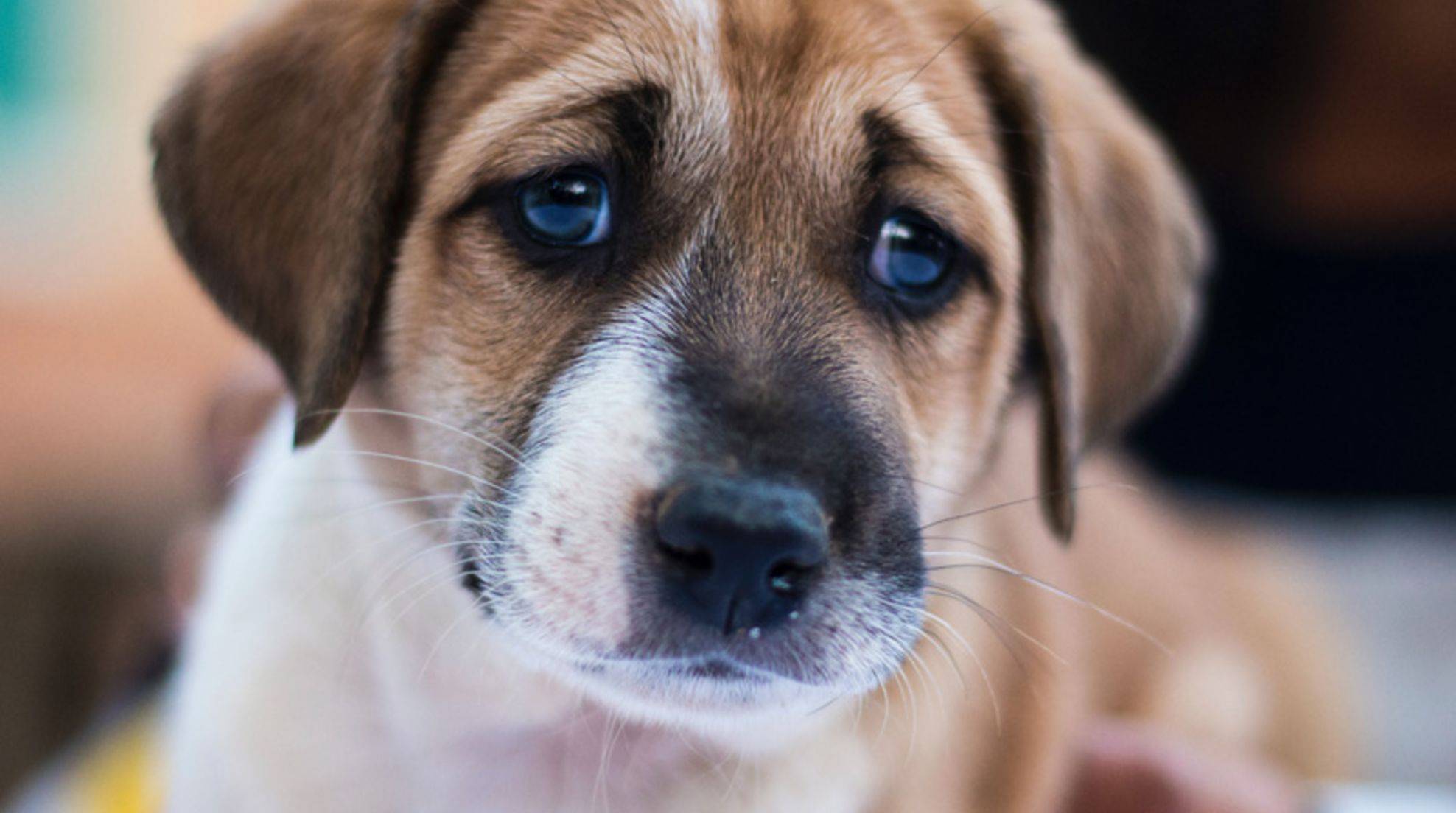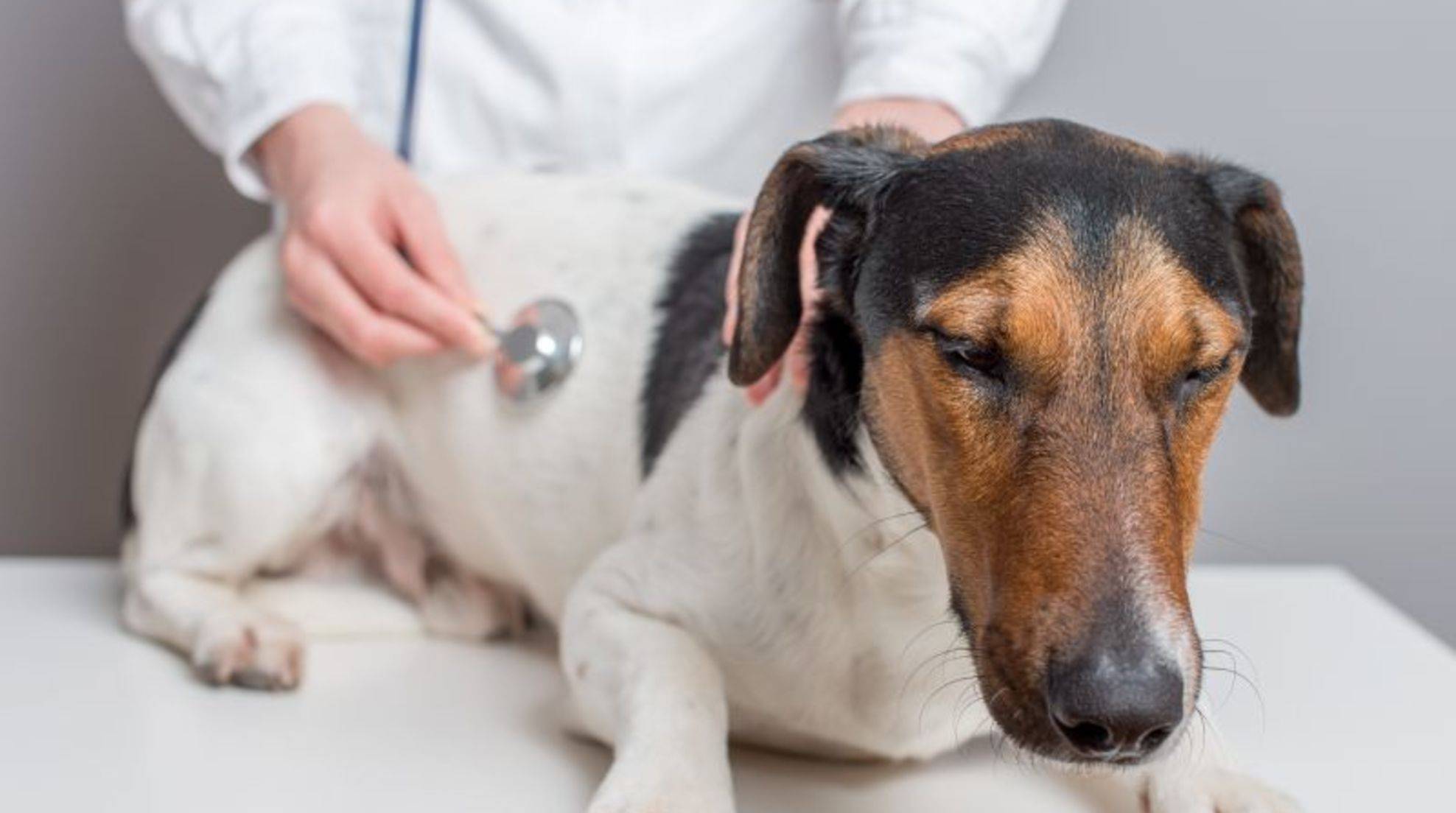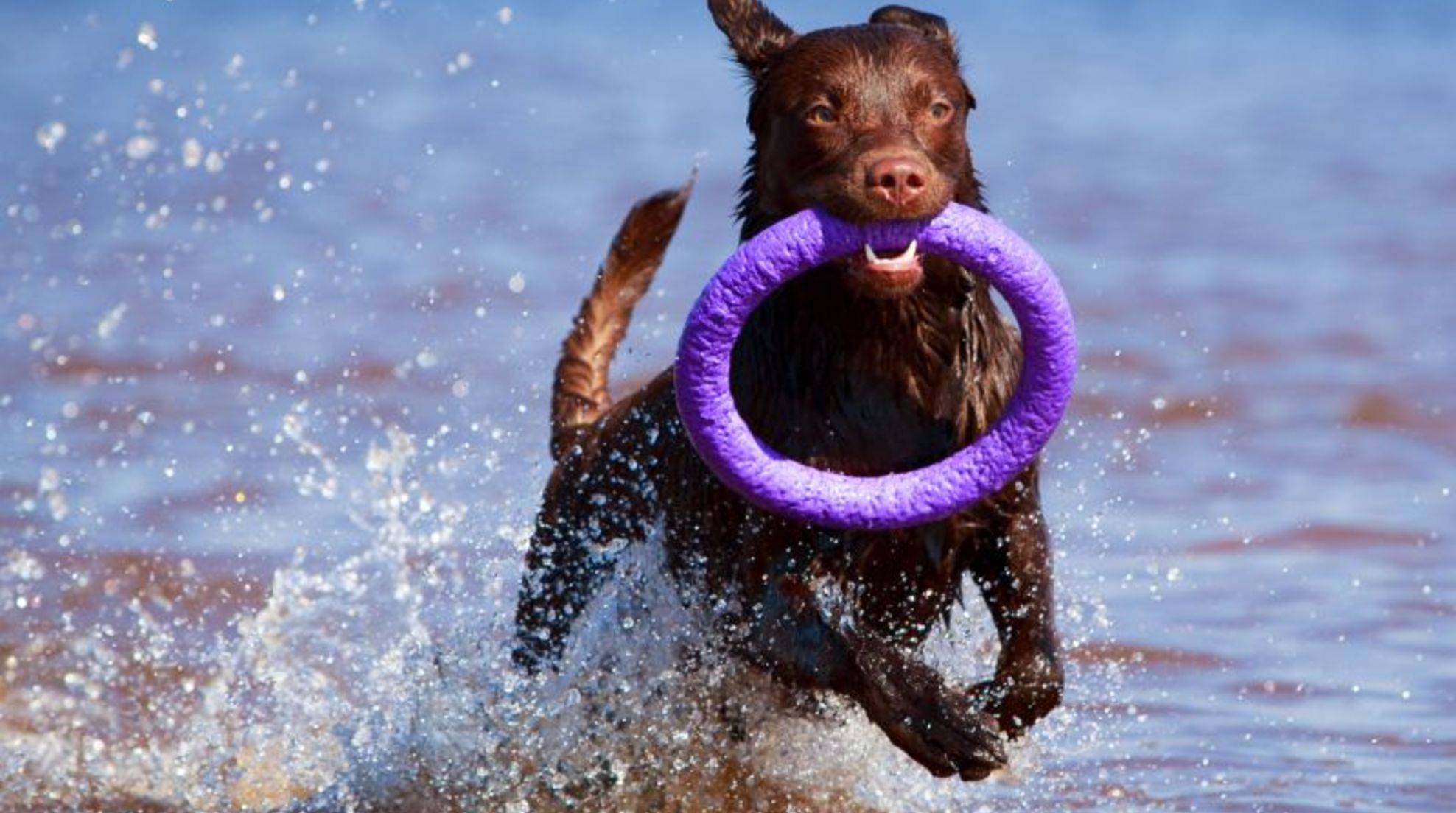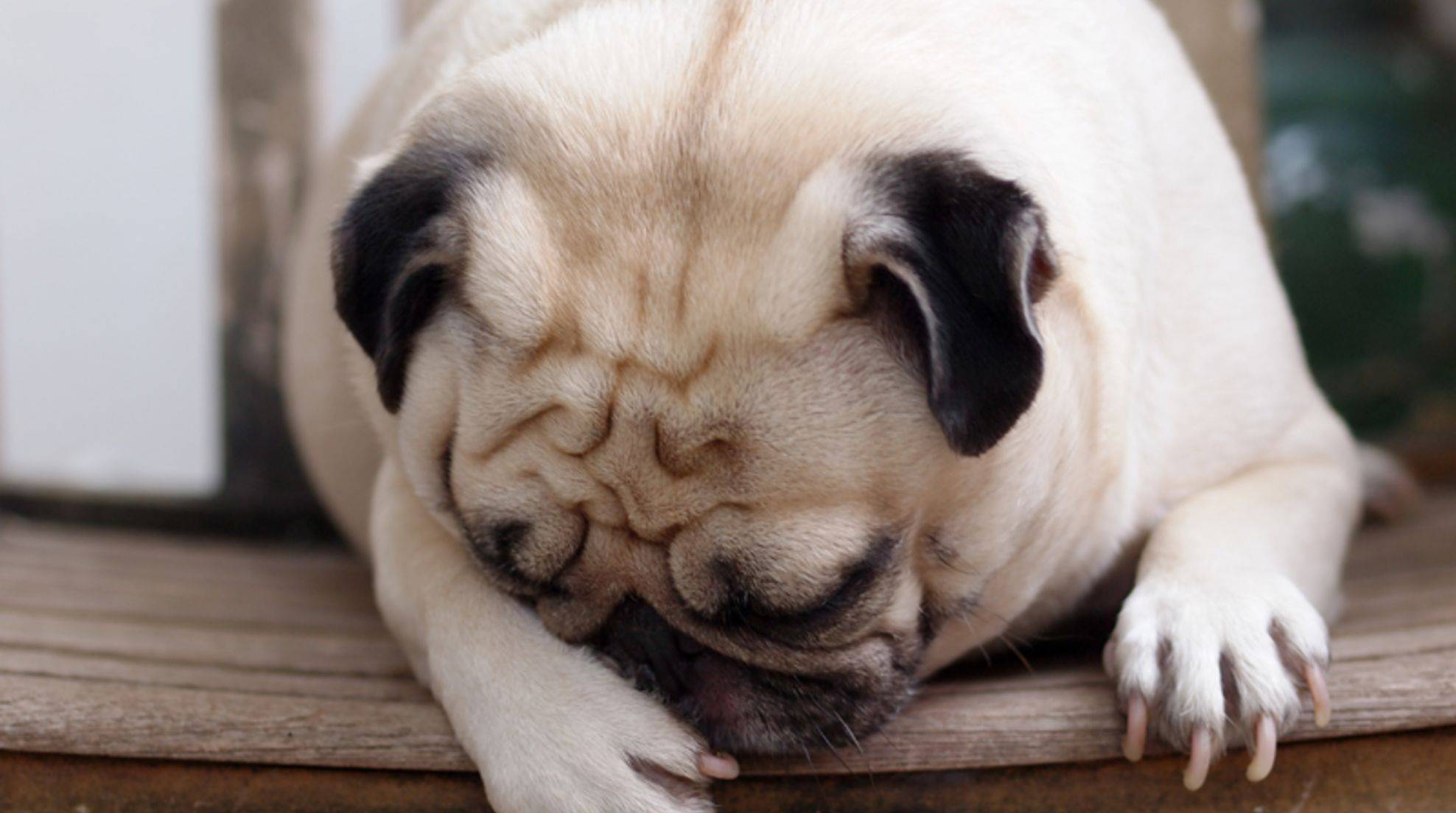What is the best diet for Labrador puppies?
The food for adult Labradors is unsuitable for Labrador puppy nutrition. The little dog babies need different nutrients and portion sizes as they are still growing. What you need to pay attention to so that your puppy grows big and strong, you can learn here.
If Labrador puppies grow too fast because they don’t get proper nutrition, they can suffer from joint problems later on. To avoid this, you can follow the tips below.
Why do Labrador puppies need special food?
Labradors, like other larger dog breeds, are at risk of developing hip dysplasia or elbow dysplasia as they get older, causing joint pain. Much of the risk can be prevented by always feeding Labrador puppies a diet appropriate for their age. The nutrients are then composed in such a way that your little four-legged friend gets everything he needs for healthy growth, but does not get too many nutrients.
This would cause the bones and joints to grow faster than is good for the dog. The faster the growth, the more unstable the bones and joints become and the more likely there will be problems with them sooner or later. In addition, puppies must first adjust from their mother’s milk to solid food and the young dogs’ digestive system must first adjust to the new food. If you have any questions about this or are unsure, you can contact your breeder or your veterinarian.
Proper nutrition for the puppies
In principle, you only need to follow the guidelines of the vet or breeder to feed your Labrador puppy properly. It is best to get a kitchen scale and always measure the portions exactly. There should definitely not be too much. Labradors often tend to be a bit greedy, and your four-legged friend may even beg. With Labrador puppies, it’s best to try not to be softened by the cute doggy look. On the one hand, you will quickly lose track of the appropriate food portions, on the other hand, your little rascal will then get used to the fact that he is rewarded for begging; it is not so easy to get him out of the habit again later.
On the packages of ready-made food you will usually find a note for which age respectively for which phase of life it is suitable and how much you should feed daily. As a precaution, stick to the lower limits and divide the food into several small portions per day. Labrador puppies need protein, fat, vitamins, minerals and few carbohydrates, just like adult dogs. However, the protein content is reduced for Labrador babies, otherwise the food would be too nutritious. The ratio of calcium to phosphorus should be correct and be about 1.5 to 1. You can also barf your puppy, but in doing so it is more difficult to achieve an optimally balanced nutrient composition. It is not impossible, but it requires extensive knowledge and very precise planning.
Adapt feeding to growth
As your Labrador puppy gradually gets bigger and grows into a young dog, you will also need to adjust the amount of food and feeding frequency. As you do this, the individual portions will get larger, while the frequency will be reduced. It takes about nine to 15 months before Labrador puppies are fully grown and can be fed the adult food once or twice a day.
For portion sizes and feeding amounts, check with your breeder or veterinarian to be sure. A small Labrador puppy of about two months can handle his food best if you give him five small portions throughout the day. At four months, you can increase the amounts of food a little at a time and give only four servings a day. A five-month-old Labrador will only get three servings a day, and from six months you can gradually get him used to two servings a day.

